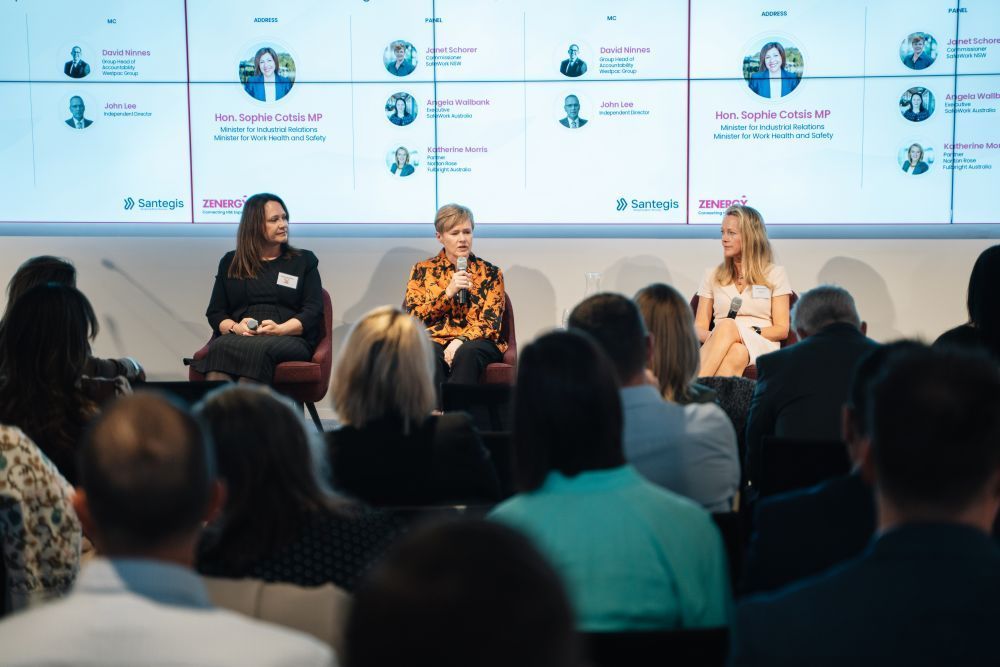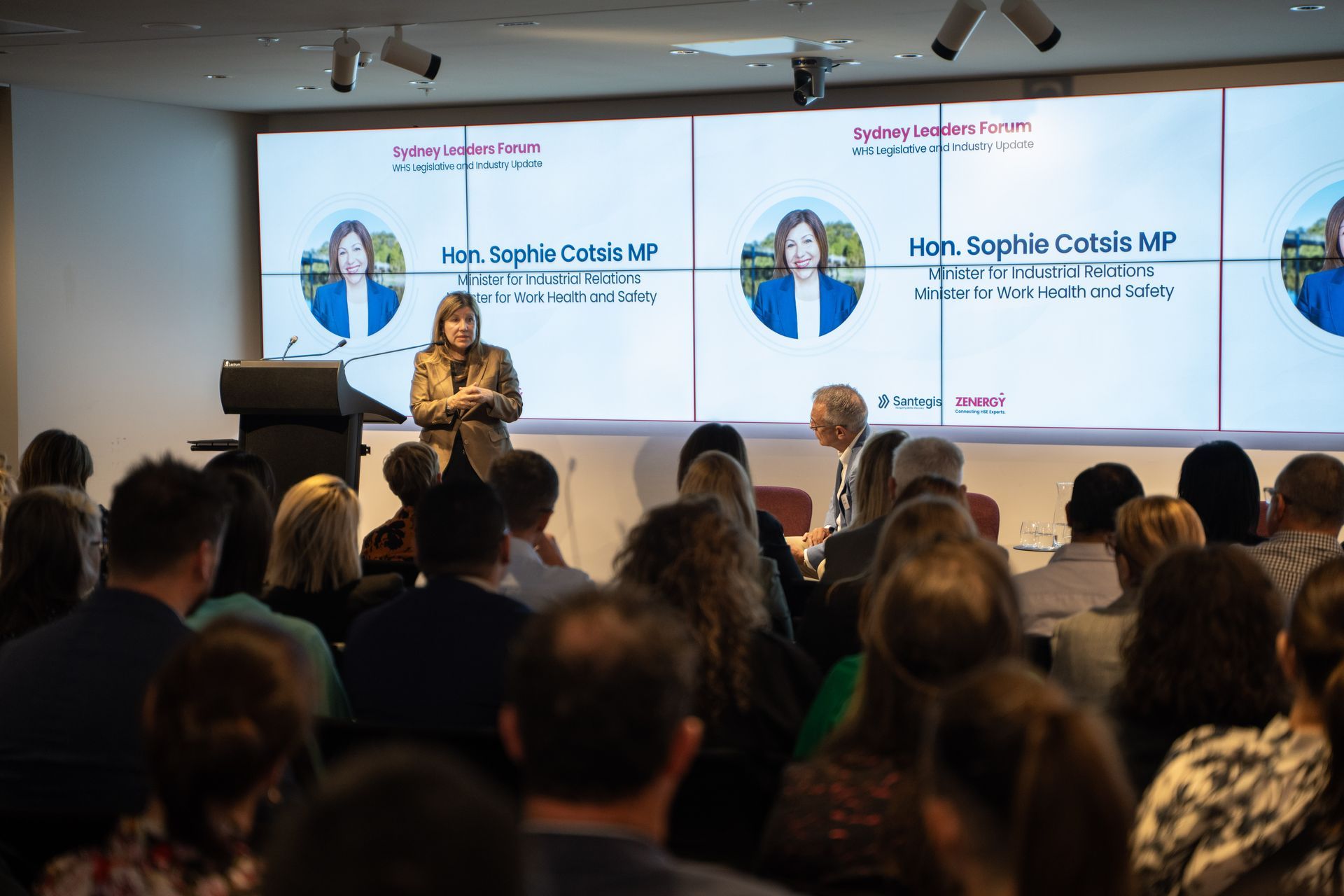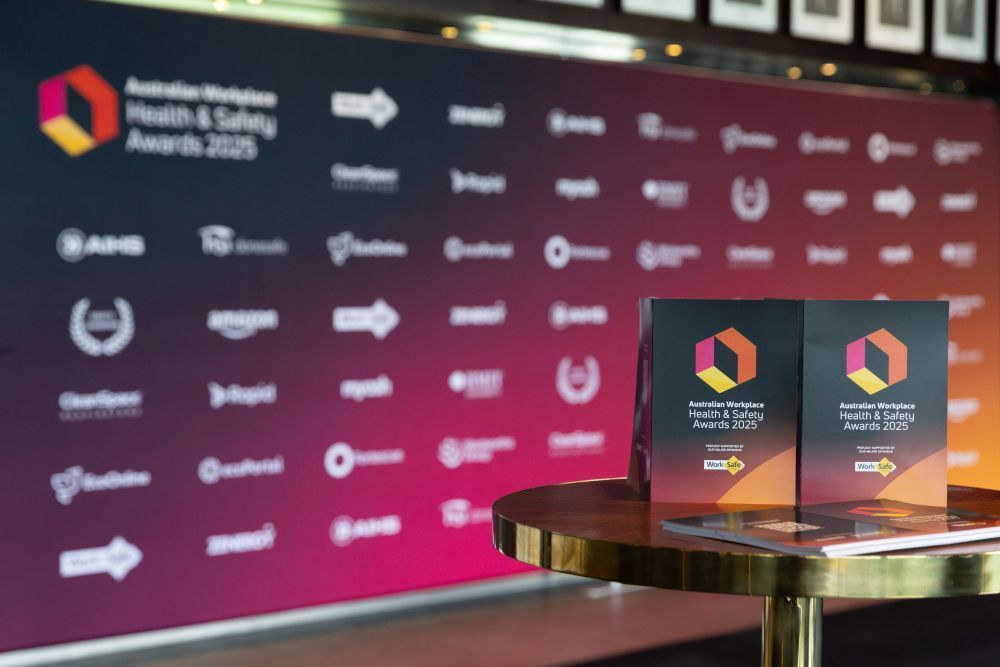Zenergy Leaders Forum 2017: WHS Risks at Every Board Meeting
Board safety responsibilities wider than ever
Panellist Max Moore-Wilton, an Infrastructure NSW board member, said workplace safety has transformed in the last 10 to 15 years and is now an integral part of the “day-to-day health of any business”.
“I think now, any board worth its salt has to ensure that there’s a risk management plan in place and that the board itself, every month, is actively involved in assessing that,” he said.
“Management has to take ownership of it, and it has to go down through the organisation right down to the individual operator, and certainly right up to the CEO.
“I think what has evolved is the realisation from boards… that the law now, and the public, expect the board and directors to take responsibility when something goes wrong.”
Hodgkinson added that the definition of “worker” now includes the worker, contractors, subcontractors and their workers.
“You’ve got to look at how you discharge your obligation: the regulators will hit you all the time. You cannot contract out your obligation, that’s a pretty standard part of law,” he said.






